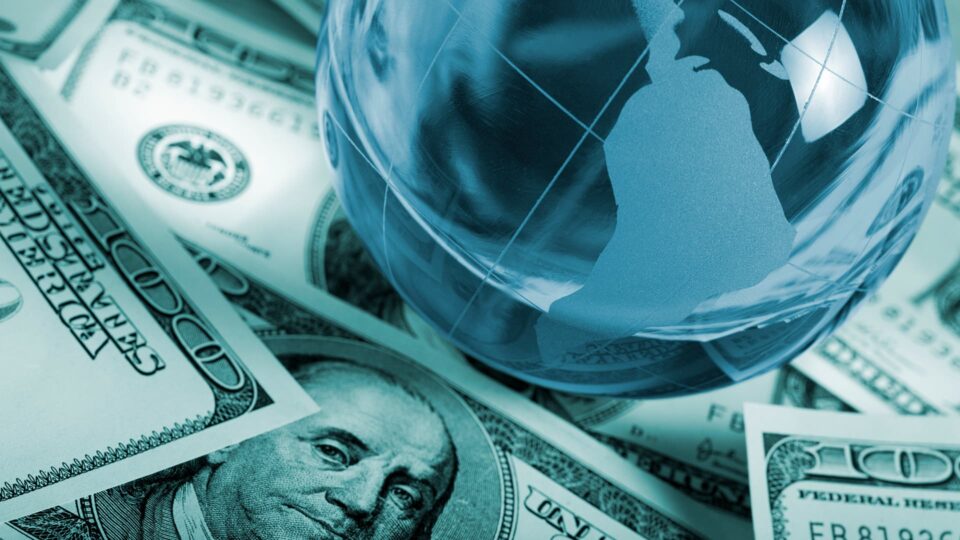Growth in the U.S. slowed considerably throughout the very first 3 months of the year as rate of interest increases and inflation grabbed an economy largely expected to decelerate even further ahead.
Gdp, a step of all items and services produced for the duration, increased at a 1.1% annualized speed in the very first quarter, the Commerce Department reported Thursday. Economists surveyed by Dow Jones had actually been expecting growth of 2%.
The growth rate followed a fourth quarter in which GDP climbed 2.6%, part of a year that saw a 2.1% increase.
The report also revealed that the personal intake expenditures price index, an inflation measure that the Federal Reserve follows carefully, increased 4.2%, ahead of the 3.7% estimate. Removing out food and energy, core PCE rose 4.9%, compared to the previous boost of 4.4%.
Stocks were sturdily greater following the report while Treasury yields surged.
“Individuals were still investing even regardless of higher costs, even despite higher inflation and a big drag that we had from stocks,” Citigroup financial expert Veronica Clark stated. “In general, I think it’s a reasonably inflationary report, even though the headline GDP number a bit softer. All of those signs that demand is still strong and costs are still increasing were quite present today.”
Like most other Wall Street forecasters, Citi expects the economy ultimately to tip into economic downturn, though Clark stated the timing doubts.
“We would have anticipated to see some more slowing down at this point, though you’re definitely getting signs that you’re on the margin,” she stated. “So it doesn’t look like we’re going to be immediately slowing into an economic downturn. And I think this Q1 data absolutely assists to verify that, specifically [given that] intake is still so strong.”
The downturn in development came due to a decrease in private inventory financial investment and a deceleration in nonresidential set financial investment, the report stated. The stock slowdown took 2.26 portion points off the heading number.
Consumer costs as determined by personal usage expenses increased 3.7% and exports were up 4.8%. Gross personal domestic investment toppled 12.5%.
“The U.S. economy is likely at an inflection point as consumer spending has actually softened in current months,” stated Jeffrey Roach, chief financial expert at LPL Financial. “The backwards nature of the GDP report is perhaps misguiding for markets as we understand consumers were still spending in January however because March, have drawn back as customers are getting more pessimistic about the future.”
In other financial news Thursday, jobless claims totaled 230,000 for the week ended April 22, a decrease of 16,000 and listed below the price quote for 249,000.
The GDP report comes as the Federal Reserve is looking for to slow an economy strained by inflation that had actually been performing at its greatest level in more than 40 years.
In a policy tightening up regime that began in March 2022, the central bank has actually raised its benchmark interest rate by 4.75 portion points, taking it to the greatest level in nearly 16 years. Though inflation has actually pulled back some from its peak around 9% in June 2022, it stays well above the Fed’s 2% goal. Policymakers all state inflation is still expensive and will need raised rates of interest.
At the very same time, growth has actually taken a hit from difficulties in the banking sector that are most likely to contaminate the economy ahead. Those two problems –– the Fed’s rate hiking cycle and an anticipated credit crunch ahead –– are anticipated to tilt the economy into economic downturn later on this year.
Consumers, however, have stayed resistant and are expected to utilize excess cost savings and acquiring power to make the economic contraction short and shallow. A strong jobs market, with a joblessness rate at 3.5%, also is expected to underpin growth.

